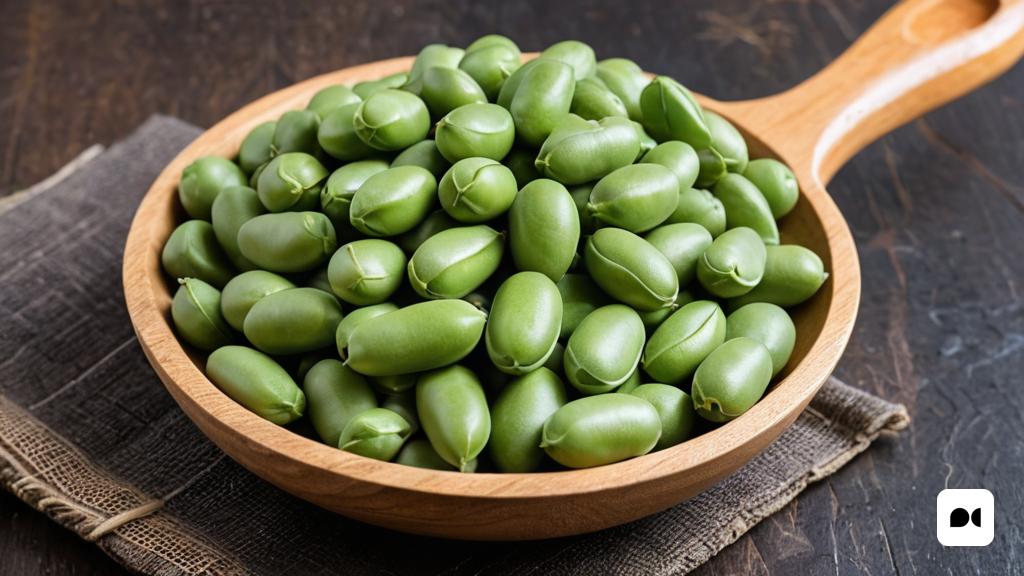A nutritious treasure within everyone’s reach
Mongeta tendra, also known as green beans or string beans, is a popular food found in various cuisines around the world. Not only is this vegetable delicious and adaptable to numerous recipes, but it is also packed with nutrients that provide multiple health benefits. Here we delve into the qualities of mongeta tendra and why it should be included in a balanced diet.
Rich in essential vitamins and minerals
Mongeta tendra is a notable source of essential vitamins and minerals. A serving of cooked mongeta tendra provides a significant amount of vitamin K, vitamin C, vitamin A, folic acid and manganese. These nutrients are essential for various bodily functions, from blood clotting to improving vision and strengthening the immune system.
Great contribution of dietary fiber
Incorporating dietary fiber is essential to maintaining a healthy digestive system. Mongeta tendra is rich in fiber, helping to prevent constipation and promoting regular digestion. Additionally, dietary fiber helps maintain healthy blood sugar levels and reduces the risk of heart disease by lowering LDL cholesterol.
Low calorie content
For those looking to maintain or lose weight, mongeta tendra is an excellent option due to its low calorie content. This allows you to consume large quantities without adding many calories to your daily diet. In addition, its high water content provides a feeling of satiety, helping to control appetite and reduce the consumption of less healthy foods.
Powerful antioxidants
Mongeta tendra contains several antioxidants, including flavonoids and carotenoids, which combat oxidative damage in the body. Antioxidants are crucial in protecting cells from damage caused by free radicals, which can lead to premature aging and various chronic diseases, such as cancer and heart disease.
Benefits for cardiovascular health
The potassium content in mongeta tendra is beneficial for heart health. Potassium helps regulate blood pressure by counteracting the effects of sodium in the body. Eating foods rich in potassium can help reduce hypertension and the risk of stroke. In addition, the fiber present in mongeta tendra contributes to cardiovascular health by reducing blood cholesterol levels.
Improves bone health
Mongeta tendra is a good source of vitamin K, a vital nutrient for bone health. Vitamin K plays a crucial role in blood clotting and bone metabolism. Adequate vitamin K intake can improve bone density and decrease the risk of fractures, especially in older people.
Immune system support
Thanks to its vitamin C content, mongeta tendra can help strengthen the immune system. Vitamin C is known for its ability to stimulate the production of white blood cells, essential for fighting infections and diseases. Including mongeta tendra in the diet can be an effective way to support immune health and protect the body against pathogens.
Versatility in the kitchen
Aside from its nutritional benefits, mongeta tendra is incredibly versatile in the kitchen. It can be steamed, sautéed, boiled and even eaten raw in salads. Its mild flavor and crunchy texture make it an ideal addition to a variety of dishes, from soups and stews to main dishes and sides.
Conclusion
Mongeta tendra is an accessible and nutritious superfood that provides a wide range of health benefits. Incorporating them regularly into the diet can improve digestive, cardiovascular and bone health, in addition to strengthening the immune system. Whether enjoyed alone or as part of a more elaborate recipe, mongeta tendra is a valuable addition to any balanced diet.

